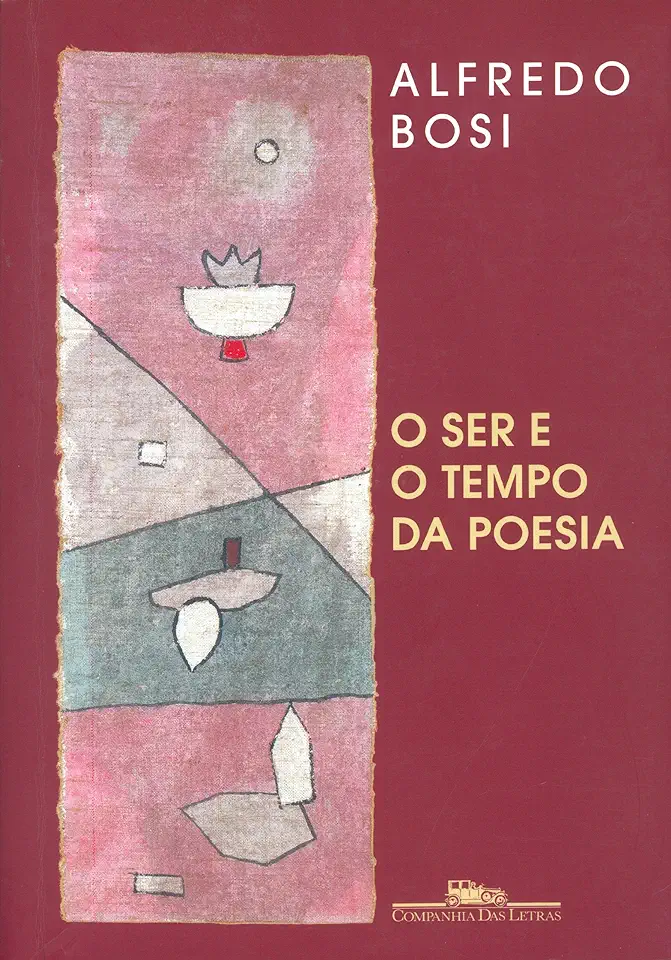
Being and Time of Poetry - Alfredo Bosi
Being and Time of Poetry: A Philosophical Investigation
In his seminal work, "Being and Time of Poetry," Alfredo Bosi delves into the essence of poetry, exploring its profound relationship with human existence and the passage of time. Through a masterful blend of philosophical inquiry and literary analysis, Bosi unveils the transformative power of poetry, revealing its ability to transcend the boundaries of language and transport readers into a realm of heightened awareness and understanding.
Poetry as a Revelation of Being
Bosi argues that poetry is not merely a form of artistic expression, but rather a mode of being that unveils the very essence of reality. Through its unique ability to capture the fleeting moments of experience and crystallize them into enduring forms, poetry becomes a conduit for the revelation of being. Bosi draws upon the insights of Heidegger, Merleau-Ponty, and other existential philosophers to illuminate the profound connection between poetry and the human condition, demonstrating how poetic language can lay bare the depths of our existence and bring us face to face with the fundamental questions of life and death.
The Temporality of Poetic Experience
Central to Bosi's exploration is the concept of temporality in poetic experience. He contends that poetry is not simply a reflection of time, but rather a dynamic interplay between the present, past, and future. Through its evocative imagery and rhythmic structures, poetry collapses the boundaries of time, allowing readers to experience the fullness of the present moment while simultaneously evoking memories of the past and anticipations of the future. Bosi's analysis of poetic temporality draws upon the works of poets such as Dante, Shakespeare, and Rilke, demonstrating how these masters of language have captured the essence of time's passage and the fleeting nature of human existence.
Poetry and the Limits of Language
Bosi also explores the complex relationship between poetry and language, arguing that poetic language transcends the limitations of ordinary speech to create a new mode of communication. Through its use of metaphor, symbol, and allusion, poetry expands the boundaries of language, allowing for the expression of the inexpressible and the articulation of the ineffable. Bosi draws upon the insights of Wittgenstein, Gadamer, and other philosophers of language to illuminate the unique ways in which poetry challenges and transforms our understanding of language and reality.
The Social and Political Dimensions of Poetry
While "Being and Time of Poetry" primarily focuses on the philosophical and aesthetic dimensions of poetry, Bosi also acknowledges its social and political significance. He argues that poetry is not merely an escape from the world, but rather a powerful force for social change and political engagement. Through its ability to awaken critical consciousness and foster empathy, poetry can challenge oppressive structures and inspire individuals to work towards a more just and equitable society. Bosi draws upon the works of poets such as Brecht, Neruda, and Ginsberg to illustrate the transformative power of poetry in the face of social and political injustice.
Conclusion: Poetry as a Way of Life
In "Being and Time of Poetry," Alfredo Bosi presents a compelling and thought-provoking exploration of the essence and significance of poetry. Through his insightful analysis of poetic language, temporality, and the relationship between poetry and human existence, Bosi reveals the transformative power of poetry and its ability to illuminate the depths of our being. This book is a must-read for anyone interested in the philosophy of poetry, the nature of human experience, and the transformative power of language.
Enjoyed the summary? Discover all the details and take your reading to the next level — [click here to view the book on Amazon!]